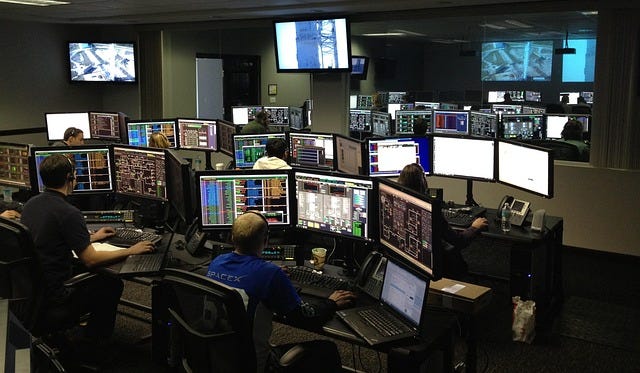How to Catch AI Failures Before They Destroy Your Product
The invisible failure modes that destroy AI products, and the monitoring framework that catches them early
“The new credit model didn’t perform as expected,” said our team lead.
I watched a data science disaster in production unfold from a different team. Everyone makes mistakes at work, but data science ones can be especially costly. This one cost millions.
It was a cascading disaster: bad loans → overwhelmed collections → staff churn → worse defaults → months of losses.
The model had performed well in testing and was supposed to exceed business targets, but it failed to produce any value after deployment.
What happened? The model was overfit and captured noise rather than patterns. But more importantly, no one realized it was broken for months.
This is the AI monitoring problem: your system can be completely broken while appearing to work perfectly.

Why AI Failures Stay Hidden
Traditional software fails loudly. Database crashes? Error. API time outs? Alert. Server overloads? Notification.
AI systems fail differently. They keep generating responses even when they’re malfunctioning, the responses just get gradually worse and worse.
This credit model quietly approved bad loans for months. There were no errors, no crashes, no alerts. It was processing applications, returning risk scores, and logging successful API calls. Nobody noticed until the team registered heavy losses 90 days after the model went live.
Failing to monitor AI systems can kill your business.
I learned a lot from that team’s mistake, which inform how I build my own AI products to this day.

